Related Research Articles
The Academy Award for Best Adapted Screenplay is the Academy Award for the best screenplay adapted from previously established material. The most frequently adapted media are novels, but other adapted narrative formats include stage plays, musicals, short stories, TV series, and other films and film characters. All sequels are also considered adaptations by this standard, being based on the story and characters of the original film.

Charles William Paddock was an American athlete and two-time Olympic champion.
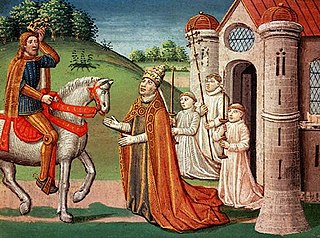
Charles is a masculine given name predominantly found in English and French speaking countries. It is from the French form Charles of the Proto-Germanic name ᚲᚨᚱᛁᛚᚨᛉ or *karilaz, whose meaning was "free man". The Old English descendant of this word was Ċearl or Ċeorl, as the name of King Cearl of Mercia, that disappeared after the Norman conquest of England.
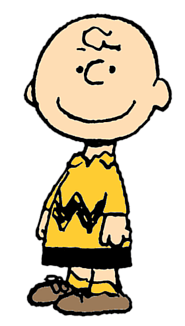
Charles "Charlie" Brown is the principal character of the comic strip Peanuts, syndicated in daily and Sunday newspapers in numerous countries all over the world. Depicted as a "lovable loser", Charlie Brown is one of the great American archetypes and a popular and widely recognized cartoon character. Charlie Brown is characterized as a person who frequently suffers, and as a result, is usually nervous and lacks self-confidence. He shows both pessimistic and optimistic attitudes: on some days, he is apprehensive to even get out of bed because he is unable to face the world, but on others, he hopes for the best and is determined to accomplish things. Charlie Brown is easily recognized by his round head and trademark zigzag patterned shirt.
Charlie may refer to:

Charley Frank Pride was an American singer, guitarist, and professional baseball player.
Danny Lee Ford is a former American football player and coach. He played college football at the University of Alabama from 1967 to 1969. He served as the head football coach at Clemson University from 1978 to 1989 and at the University of Arkansas from 1993 to 1997, compiling a career record of 122–59–5. During his 12 seasons as head coach of the Clemson Tigers, he captured five ACC titles and won six bowl games. Ford's 1981 Clemson team completed a 12–0 season with a win in the Orange Bowl and was named the consensus national champion.
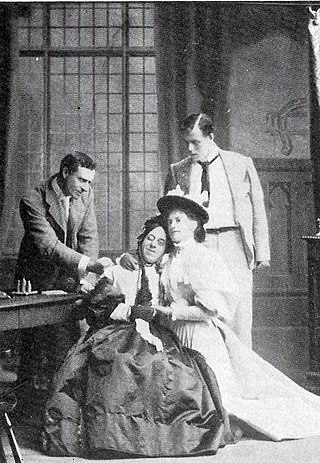
Charley's Aunt is a farce in three acts written by Brandon Thomas. The story centres on Lord Fancourt Babberley, an undergraduate whose friends Jack and Charley persuade him to impersonate the latter's aunt. The complications of the plot include the arrival of the real aunt and the attempts of an elderly fortune hunter to woo the bogus aunt. The play concludes with three pairs of young lovers united, along with an older pair – Charley's real aunt and Jack's widowed father.
Charles, Charley, or Charlie Hill may refer to:
Charlie or Charley Hall may refer to:
Charles, Charlie, Charley, Chuck or Chuckie Williams may refer to:

Charles E. Bassett was a lawman and saloon owner in the American Old West in Dodge City. He was one of the founders of the Long Branch Saloon in Dodge City, served as the first sheriff of Ford County, Kansas, as well as city marshal of Dodge City. His deputies included Wyatt Earp and Bat Masterson.

Leland Maurice Mendelson was an American animation producer and executive producer of many Peanuts animated specials.

The Legend of Nigger Charley is a 1972 blaxploitation Western film directed by Martin Goldman and starring Fred Williamson in the title role. The story of a trio of escaped slaves, it was released during the heyday of blaxploitation. Shot in Charles City, Virginia, Eve's Ranch, Santa Fe, New Mexico, Jamaica, and Arizona, it received backlash for its controversial title.
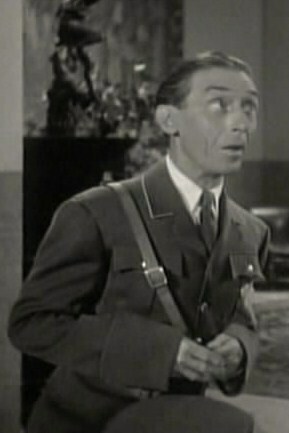
Charles Rogers was an English film actor, director and screenwriter best known for his association with Laurel and Hardy. He was born in Birmingham, Warwickshire, England, and was the son of provincial English playwright Charles Rogers, and brother of actors John Rogers and Gerald Rogers.
Charley or Charlie Moore may refer to:
Charlie, Charley or Charles Chase may refer to:

A Boy Named Charlie Brown is an unaired television documentary film about Charles M. Schulz and his creation Peanuts, produced by Lee Mendelson with some animated scenes by Bill Melendez and music by Vince Guaraldi.
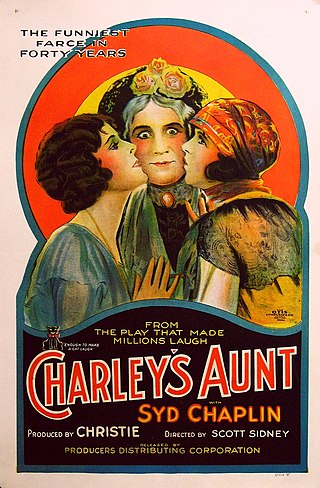
Charley's Aunt is a 1925 American silent comedy film directed by Scott Sidney and starring Syd Chaplin, Ethel Shannon, and Lucien Littlefield. It was one of a handful of leading roles for Syd Chaplin, older brother of the more famous Charlie.
Charley is an English unisex given name and a surname. As an English given name, it is a diminutive form of Charles and a feminine form of Charlie. Notable people known by this name include the following:
References
- ↑ Goldman p.922